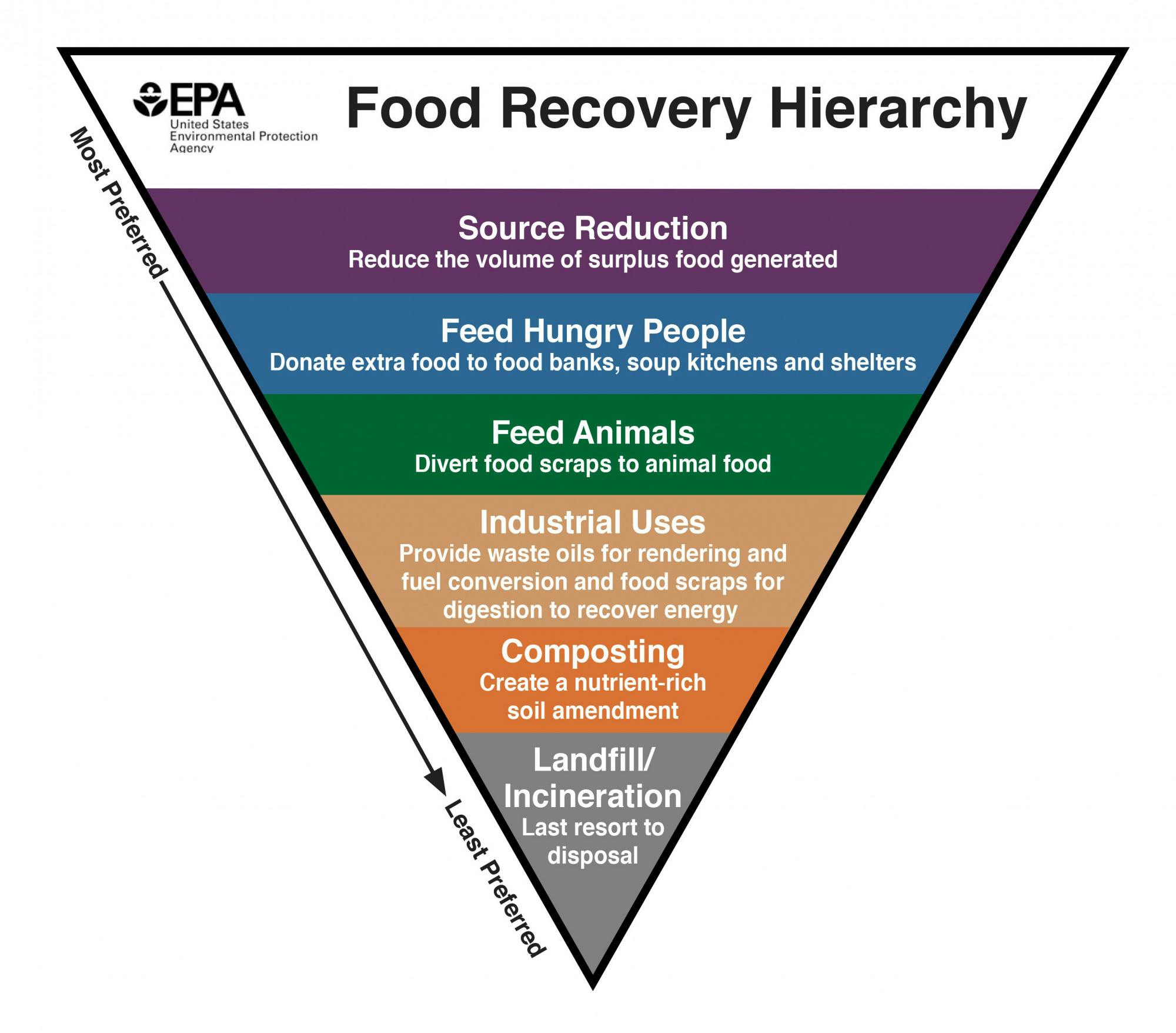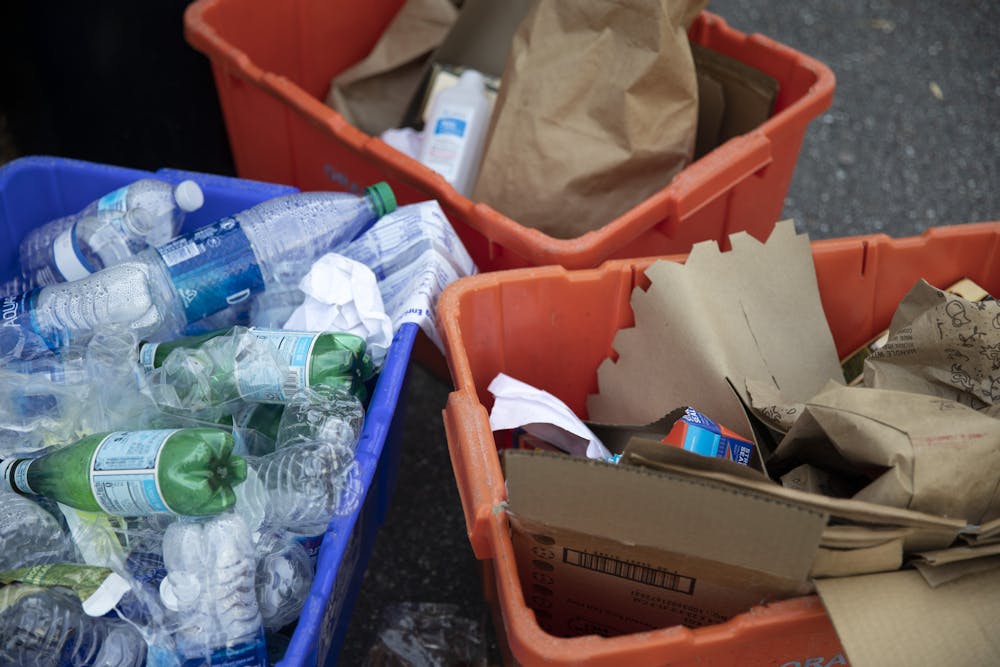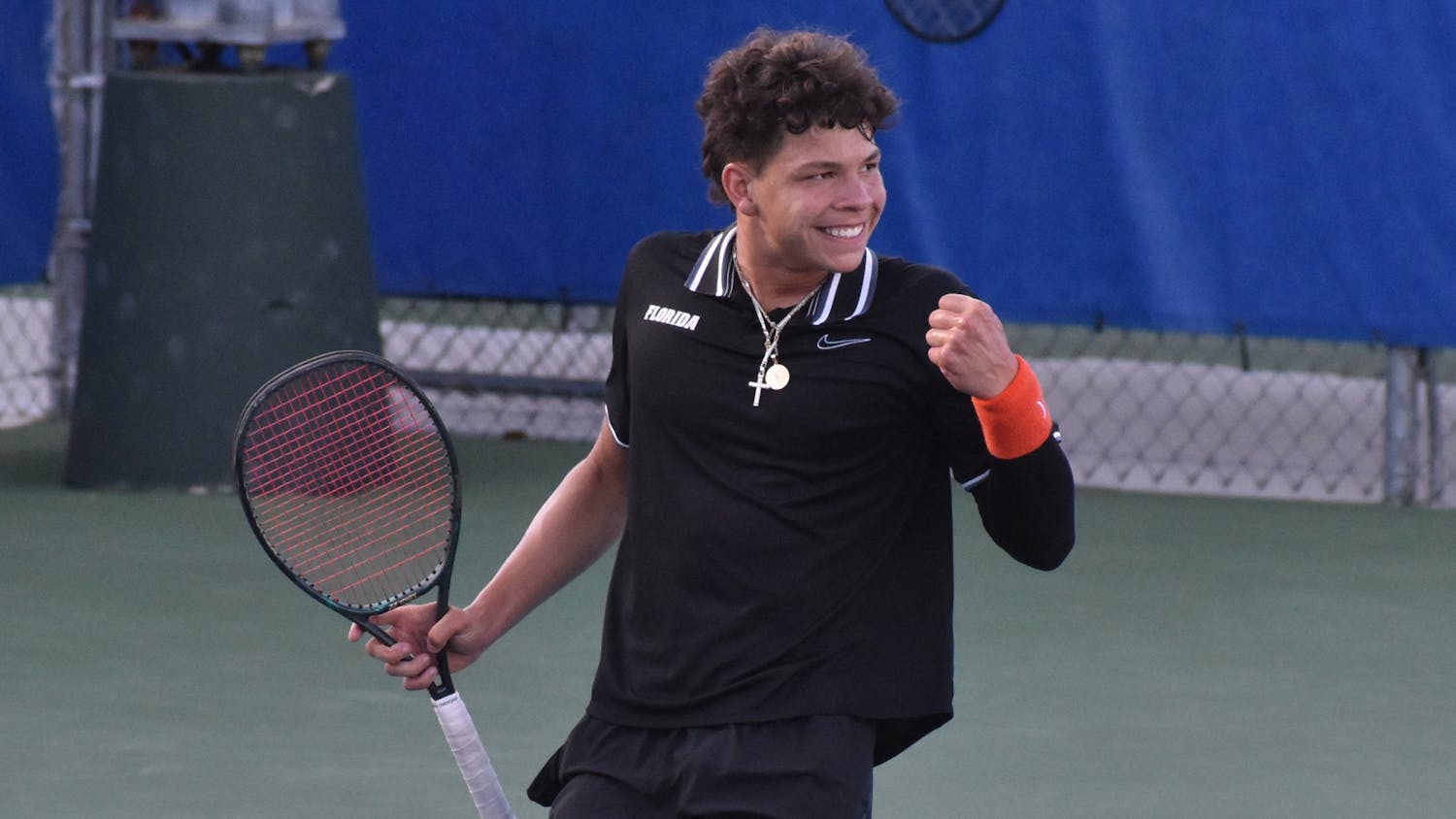Gainesville’s new zero-waste ordinance, which went into effect Sept. 2, will continue to alter community relations with polluting single-use products.
The new solid-waste city policy limits businesses from handing out single-use plastics, such as plastic utensils, condiment packets and portion cups, unless requested by customers. The ordinance also bans the sale of food packaged in foam containers on city property.
The ordinance joins the ever-growing list of local sustainability-oriented commercial policies dating back to 1997. The Gainesville Zero-Waste Subcommittee, which is behind the ordinance, aims to divert 90% of the city’s waste from landfills by 2040.
Limiting plastics isn’t a new sustainability strategy from the city. In 2020, the city banned single-use plastic straws and stirrers, including straws made from “biologically based polymers.”
The new ordinance puts the responsibility of environmental consciousness on consumers, but they’re likely to still purchase single-use plastics out of convenience, said Leslie Thiele, UF sustainability studies program director.
“It’s a step in the right direction,” Thiele said. “But it's far from perfect.”
The ordinance also requires restaurants, convenience stores, supermarkets and bars to place an equal number of properly labeled recycling bins for every garbage container. Other components of the ordinance include higher frequencies of commercial and residential trash collection.
Limitations on the intentional release of balloons, plastic glitter and confetti also start Friday, but the rule comes with exceptions. Balloons may still be released, either by a government-affiliated person or someone with a governmental contract for scientific purposes.
Biodegradable or photo-degradable balloons — chemically broken down by light — may also be released if they are hand-tied at the bottom to prevent pollution. To release the balloon, a person must provide the appropriate documentation of its biodegradability or photo-degradability.
Ana Mattiuzzi, a 23-year-old UF natural resource conservation senior, said she’s optimistic the ordinance will not only increase awareness in a small city like Gainesville but also help protect natural beauties like our springs.
However, she worries that making people feel like they are making an impact without changing more severe causes of climate change — such as the burning of fossil fuels — can take away from having a more comprehensive understanding of the issue.
“It just feels kind of like greenwashing,” Mattiuzzi said.
This June, the Gainesville City Commission also approved additional ordinances improving the way the city collects and diverts food waste. Under the new policy, businesses that generate more than one cubic yard of food waste per week will be required to separate it from trash, said Michael Heimbach, Gainesville’s sustainability manager for public works.
That food will then either be donated, used as animal feed, rendered for oil, composted or sent to the landfill, in that order.

These changes will take effect between 2023 and 2024 and may be the most significant food waste ordinance in the southeastern U.S., Heimbach said. As for how these new ordinances will be enforced, Heimbach said the city will rely on education and voluntary compliance.
“If we get to the point where we need to cite people, we will,” he said. “But we anticipate pretty good participation from the community.”
Contact Fernando at ffigueroa@alligator.org. Follow him on Twitter @fernfigue.
Fern is a junior journalism and sustainability studies major. He previously reported for the University and Metro desks. Now, he covers the environmental beat on the Enterprise desk. When he's not reporting, you can find him dancing to house music at Barcade or taking photos on his Olympus.






